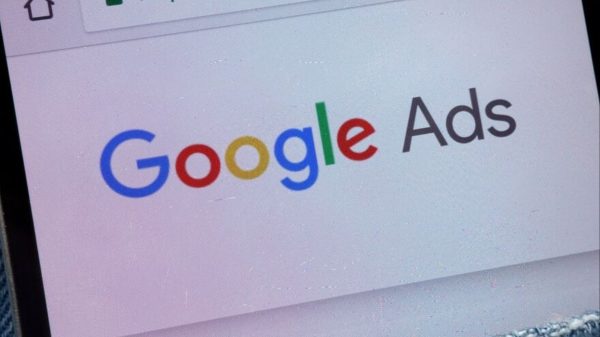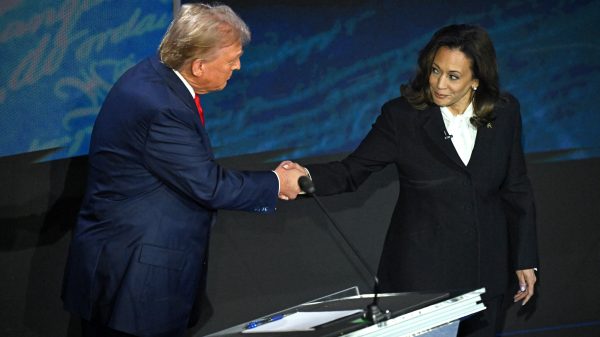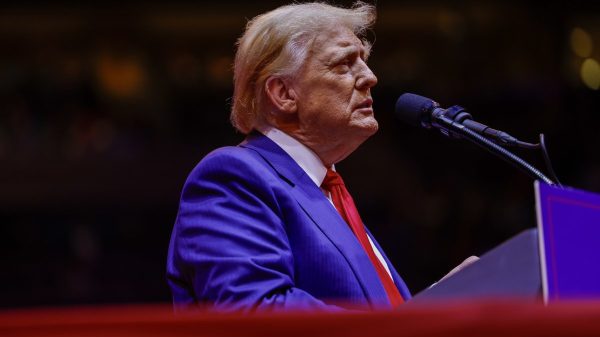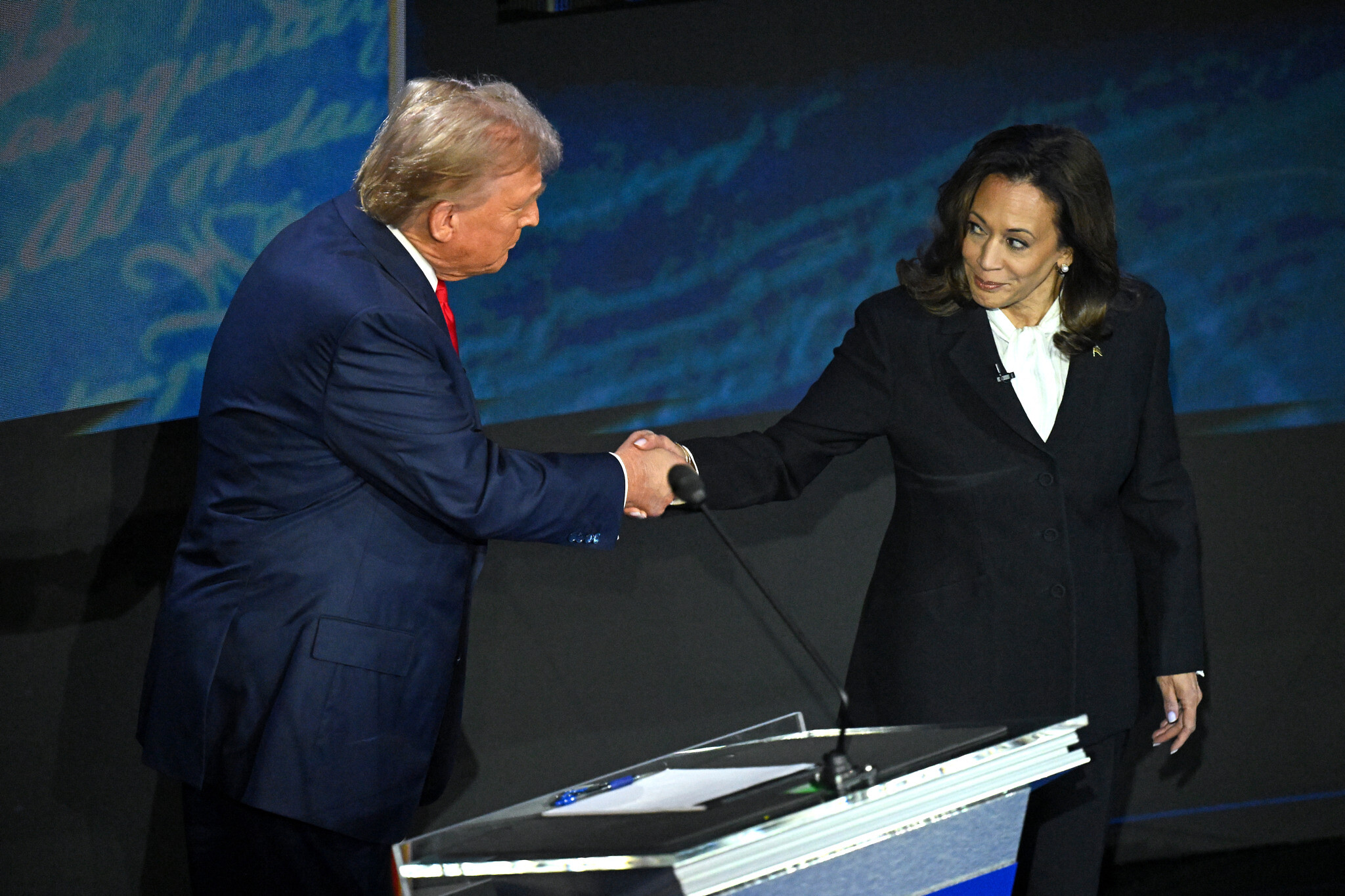The U.S. presidential election is a significant focus today, overshadowing other events, including marketing activities. Marketers are keenly awaiting the election results, which will determine their strategies for upcoming holiday campaigns, particularly around Black Friday and Cyber Monday.
Until all votes are counted, uncertainty prevails, and the marketing environment remains heavily influenced by the electoral outcome. As stakeholders await clarity, they are reflecting on the recent financial performances of major advertisers, which provide insights into current marketing trends.
In examining these companies, a common thread emerges: a commitment to long-term growth strategies despite facing various challenges. Major players like Unilever, Procter & Gamble (P&G), and The Coca-Cola Company have reported their earnings, revealing that while they are dealing with issues such as fluctuating input costs and changing consumer dynamics, they remain optimistic about their growth potential.
Personalization in marketing has been highlighted as a crucial element for distinguishing brands in an increasingly competitive environment.
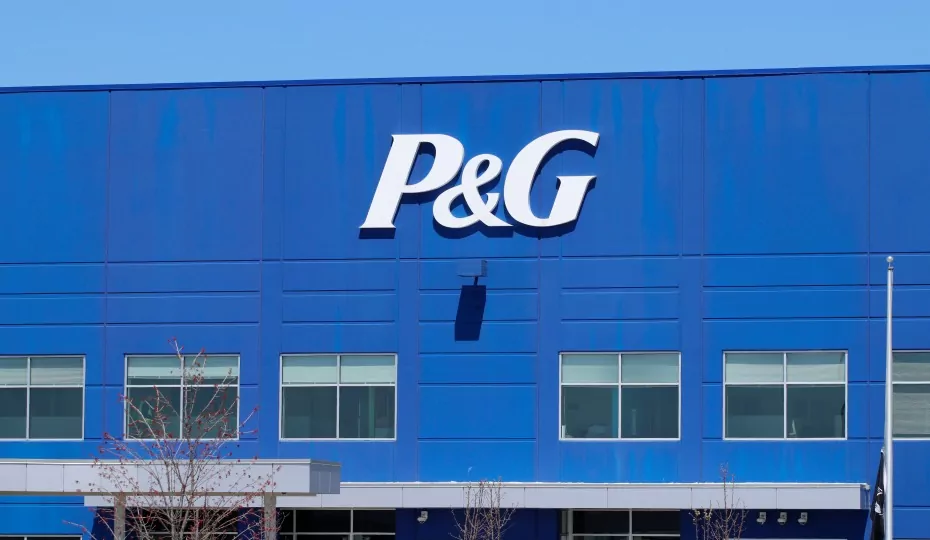
Marketers Await U.S. Election Results to Shape Holiday Campaigns Amidst Major Advertisers’ Growth Strategies
Procter & Gamble, known for its household staples like Tide and Pampers, has articulated a focus on returning to fundamental marketing strategies. P&G’s Chief Brand Officer emphasized the importance of basics in driving growth during the recent ANA conference.
In its fiscal Q1 2025 report, the company noted strong performance, with significant growth across most business areas, although it faced a notable sales decline in Greater China. The company aims to maintain its sales growth target of 3% to 5%, despite the anticipated challenges in the broader economic environment.
Unilever also echoed this commitment to growth, highlighting the success of its 10-point growth action plan, which has driven continuous growth for four consecutive quarters. CEO Hein Schumacher noted the positive performance of key brands, attributing this success to increased investment and focus. He acknowledged that while progress is being made, the full potential of Unilever’s transformation efforts will take time to realize. The focus remains on scaling significant innovations and maximizing the performance of core brands.
Coca-Cola’s recent earnings call revealed a similar emphasis on long-term strategies. CEO James Quincey discussed the company’s refreshed marketing model, which integrates digital experiences with live and retail marketing to enhance consumer connections.
Coca-Cola’s strategy has proven effective, as demonstrated during events like the Olympics, where personalized marketing approaches increased consumer engagement. Looking forward, Quincey emphasized the need for an adaptable marketing strategy that can respond to economic fluctuations, underscoring Coca-Cola’s commitment to an “all-weather strategy” that aims to drive growth despite potential challenges.







